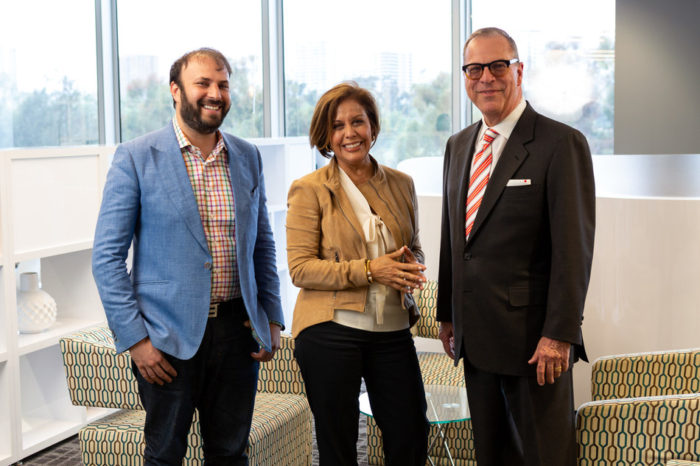BiasSync, A New Online Solution to Assess Unconscious Bias In Corporations and Government Agencies, Launches Today
Los Angeles-based company – BiasSync – founded to create a more fair and respectful workplace
BiasSync today launched its proprietary tool to assess unconscious bias in large corporations and government agencies. The Los Angeles startup provides organizations and their leaders with aggregated, actionable data and professional development content to help lessen the negative impact of unconscious bias in the workplace. The initial product roll-out includes assessments for race and gender, and the company is developing additional assessments relevant to the workplace to be released over this next year.
“The demand to understand and address unconscious bias has never been more important to companies, government agencies and organizations that strive for continuous improvement in the workplace,” said co-founder and CEO Michele Ruiz. “What we’ve done is looked at decision making and practices in the workplace as they pertain to diversity and inclusion objectives and realized that in most cases there is a hugely important element missing, and that is understanding underlying unconscious bias. Most people don’t even realize it’s a factor, because they think intellectually they are making the right decisions, but unconsciously, they are being influenced by factors and forces that are not talked about, often ignored, and considerably misunderstood.”
“We founded BiasSync because there are scientifically-validated methodologies to understand unconscious bias and other key personality measurements which we’ve built upon to be relevant to the work environment. No matter what decision makers and company leaders are doing to address diversity and inclusion as well as fairness and equality, without the kind of science-based solution like BiasSync, the work is incomplete and as studies show, very often ineffective,” added Ruiz. “We set out to create something that solves the lack of data and metrics in most diversity and inclusion trainings, as well as the challenge to roll out bias focused professional development content to entire workforces that educates people in a compelling, positive and interactive way.”



